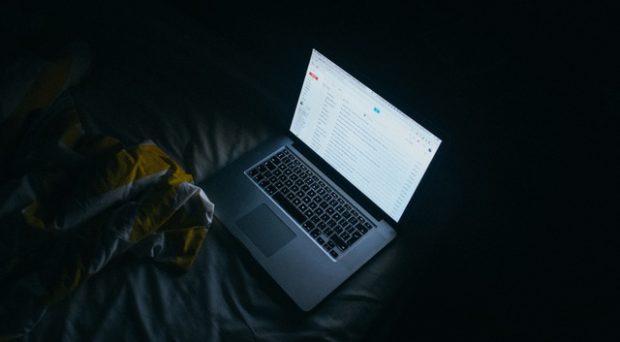
Just about every device releases a constant glow in some capacity. Even if I manage to find darkness, I’m glued to my smartphone until the last minutes of the day, and this is causing havoc for my sleep. Does this relate to you? If so, it might be time to reconsider your sleeping habits.
Let’s shed some light on poor sleep quality. Using the science of circadian rhythms and melatonin, it’s time to look at why the use of electronic devices before bedtime is something that we should all reconsider.
What are circadian rhythms?
According to the National Institute of General Medical Sciences, circadian rhythms are like a natural alarm clock. They create a natural bio rhythm which influences the way we think, feel and perform.
What does melatonin have to do with it?
The Medical Department of the University of Maryland breaks it down simply. As natural darkness sets in, your melatonin hormone levels rise slowing down your body preparing you for sleep. As the next day begins and light increases, your melatonin levels decrease, giving you the energy to face the day ahead.
No wonder those Youtube videos and Facebook notifications are interfering with our sleep. We are exposing ourselves to light that is unnatural to us and depriving our bodies of the capacity to produce melatonin. As a result, our natural bio rhythms are being disrupted, making it difficult to naturally fall asleep.
How common is sleep deprivation?
Sadly, sleep deprivation is becoming increasingly common. According to survey data collected in Australia, sleep deprivation is more common that you would think. Hillman and Lack, in an article from the Medical Journal of Australia, find that inadequate sleep was reported among 20-35% of respondents. Some of these cases can be attributed to sleeping disorders, but others are attributed to poor sleeping habits and lifestyle choices.
Why are electronic devices the culprit?
Light emitted from electronic devices are known to produce ‘blue light’, which inhibits the production of melatonin. Henion and Johnson of Michigan State University single out smart phones as the worst offenders of blue light, producing the greatest disruption to melatonin sleep hormones.
It’s time to take action and reclaim our sleep!
To reclaim a healthy sleeping pattern and ensure that our circadian rhythms help us perform at our best, we may need to think about putting away those electronic devices at night time and look for other ways to wind down.
One way to reduce your blue light exposure before bed is to set a winding down alarm. Set it for at least an hour before your usual bed time, after which you do not allow yourself to use any electrical devices. That means no television, no Youtube videos, no Facebook.
If you enjoy reading before bed, use a Kindle with little backlight. Or, if you prefer to read actual books, use a bedside light with a dimly set bulb.
And if you have electrical devices in your bedroom which emit any kind of small light, you might want to consider using a good sleeping mask which completely eliminates surrounding light.
Light exposure during the daytime is also an important factor in our circadian rhythms. While not necessarily the most appealing course of action, turning on the light and opening the blinds first thing in the morning will help you wake up and feel energized.
If you are guilty of being a night-time technology junkie, it’s time to consider joining me in a mission to send these mobile devices to bed early. Save those notifications for tomorrow, embrace darkness, and focus on maximizing the quality of your sleep.
Comments